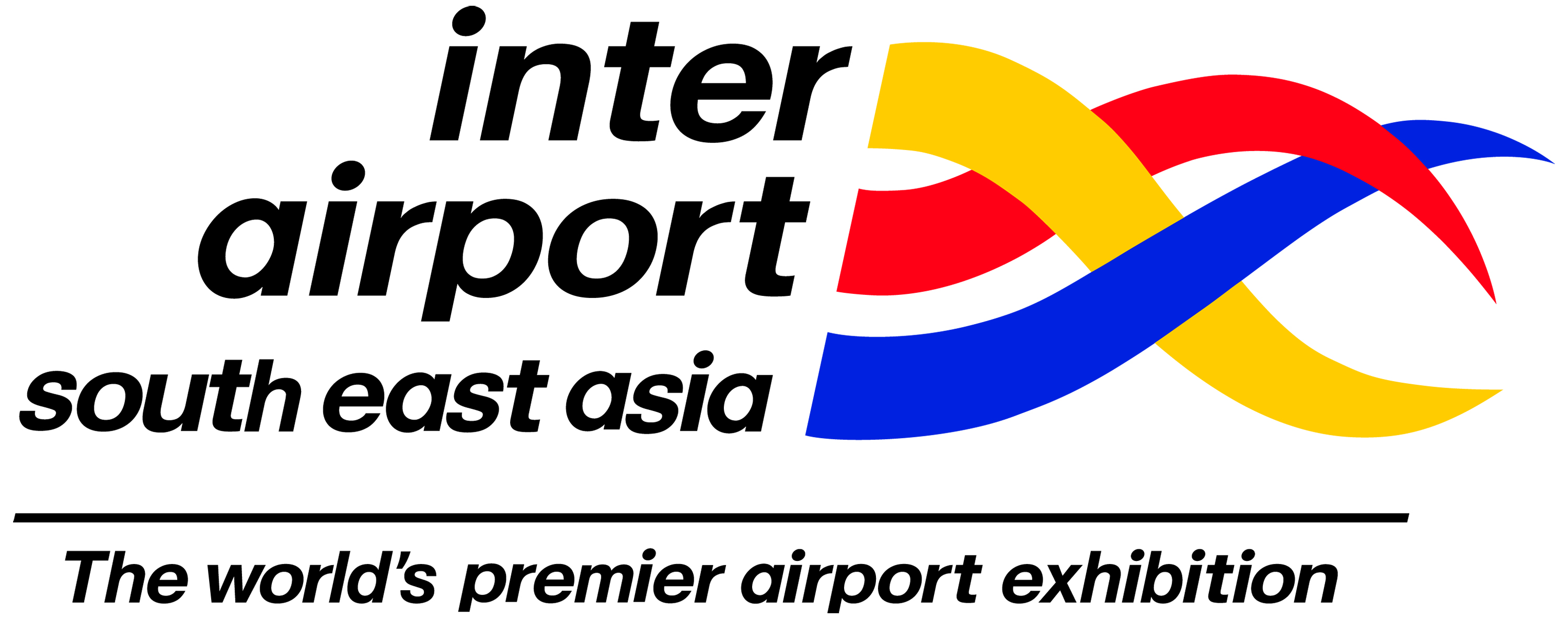Sustainability and innovation take centre stage at Southeast Asia’s premier airport exhibition and conference
Now in its eighth edition, inter airport Southeast Asia showcases the cutting-edge solutions driving smarter, greener and more efficient airports across the region.
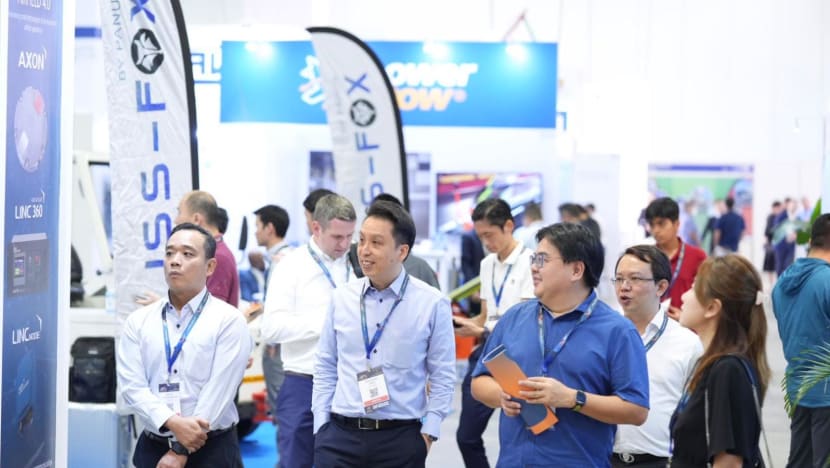
inter Airport Southeast Asia returns to spotlight the latest innovations driving aviation towards a sustainable future. Photos: inter airport Southeast Asia

This audio is generated by an AI tool.
Southeast Asia’s appetite for air travel is soaring, placing airports under immense pressure to scale up and evolve. With the region experiencing one of the largest spikes in demand for air transport, the challenge is clear: Airports must accommodate increasing volumes while rethinking the way they operate.
“They need to not only expand infrastructure – runways, aprons, terminal buildings and supply facilities – but also embrace new technologies and services to deliver a personalised and exceptional passenger experience,” said Mr Tatsuya Izumi, deputy general manager of Narita Airport in Japan.
Addressing these dual priorities of growth and digitalisation is the focus of inter airport Southeast Asia 2025, set to take place from Mar 25 to 27 at Marina Bay Sands, Singapore. Bringing together over 150 exhibitors, including global innovators and equipment suppliers, and more than 50 airports and industry experts, the event will showcase transformative technologies, sustainable solutions and next-generation advancements.
THE FUTURE OF AVIATION: GREENER AND SMARTER
The eighth edition of inter airport Southeast Asia highlights how developments in airport terminal and ramp operations are paving the way for a more sustainable industry. A key focus of the exhibition and conference is sustainable ground support equipment (GSE), which includes autonomous systems and electrification technologies.
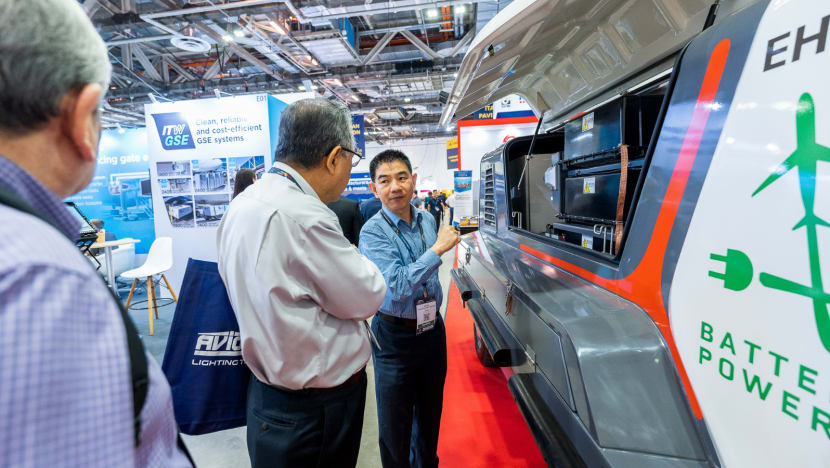
“Sustainability is a top priority as airports transition from fossil fuels to greener alternatives,” said Mr Brad Moore, Swissport International’s CEO, Asia Pacific. However, while electrification holds great promise, he noted that insufficient charging infrastructure across the region remains a significant barrier, complicating the adoption of green solutions.
He described GSE electrification as one of the most impactful innovations in the industry, with the potential to improve reliability, efficiency and safety in ground handling and cargo operations.
Automation, he added, is another game-changer that can streamline processes and enhance safety. “Automating key processes, especially for non-containerised aircraft handling, will boost efficiency and safety,” he said. “Additionally, technologies like anti-collision systems – which automatically halt operations to prevent potential collisions – are set to redefine safety standards.”
CHARTING A COURSE FOR SUSTAINABLE, RESILIENT AIRPORTS
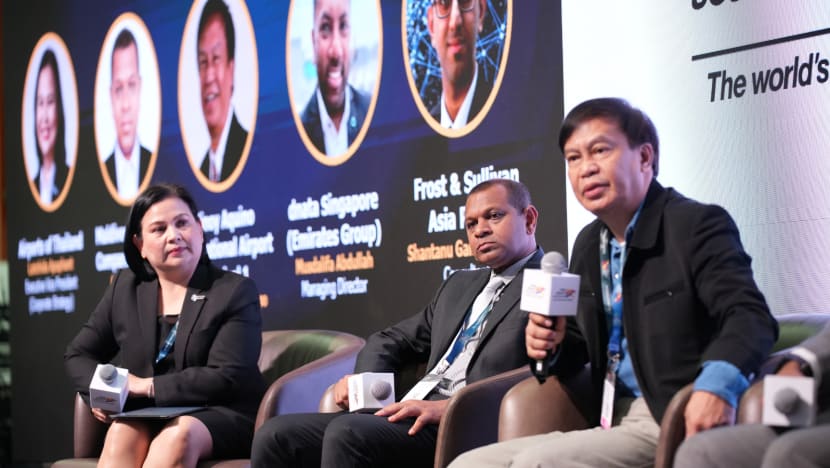
The conference will provide a platform for deeper discussions about these advancements and their implications for the future of aviation. It opens with a fireside chat, Reshaping Global Airport Operations, led by Mr Patrick Ky, CEO of the International Centre for Aviation Innovation, and moderated by Ms Glory Wee, senior director of the aviation development group at the Civil Aviation Authority of Singapore. This session will delve into how innovation can enhance operational efficiency while preparing airports for evolving challenges.
Building on this, Mr Shinichiro Motomiya, general manager of Narita International Airport Corporation, will deliver the keynote titled Airports of The Next Decade and Beyond. He will outline Narita Airport’s master plan, presenting strategies to integrate emerging technologies and sustainability initiatives.
The spotlight then shifts to Mr Soonil Hwang, deputy director of the fast travel team at Incheon International Airport Corporation, who will talk about the airport’s Digital Transformation Project. His keynote Airport in Brief: Incheon Airport will unveil how technologies like biometrics and autonomous vehicles that have been designed around a persona journey map are now enhancing passenger experiences.
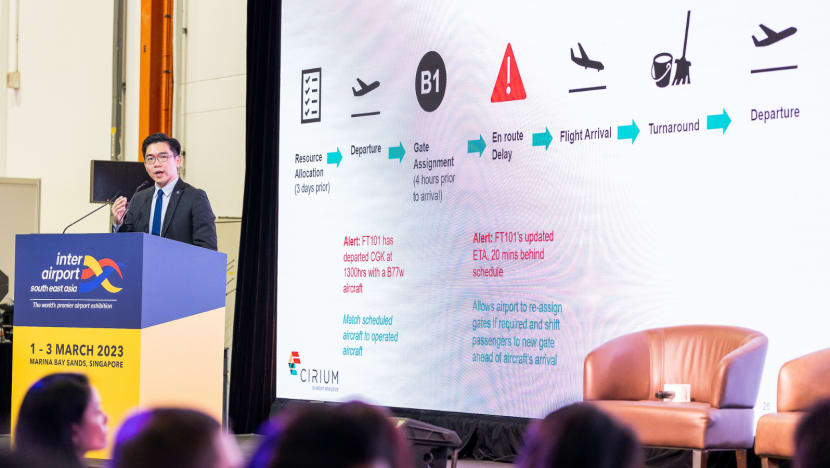
Panel sessions will complement these discussions, featuring experts such as Mr Izumi, who will share insights on modernising baggage handling on Mar 25, and Mr Moore, who will address innovations in ground handling operations on Mar 26.
Meanwhile, the exhibition floor will showcase solutions from industry leaders such as Acteus Fuelling, ADB Safegate, ITW GSE, Oshkosh AeroTech and TLD Asia. Visitors can discover technologies aimed at streamlining workflows, improving sustainability and elevating operational capabilities.
FOSTERING COLLABORATION AND LEARNING
While technology drives many of these breakthroughs, collaboration and knowledge-sharing are equally vital. The three-day event offers an opportunity for stakeholders to connect, exchange ideas and explore new approaches to the industry’s pressing issues.
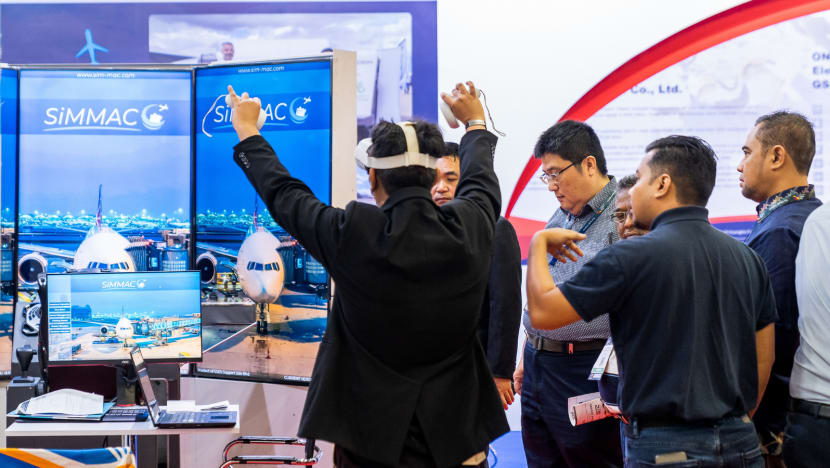
The Japan Pavilion exemplifies this spirit of collaboration, showcasing innovations informed by the nation’s aviation expertise. Mr Izumi noted that Japan’s experiences – such as adopting data-driven operations and overcoming labour shortages due to an ageing population – could provide valuable insights for Southeast Asian airports.
Reflecting on a building management system replacement project he led a decade ago, he shared: “We faced significant obstacles introducing open data architecture then. Today, data sharing has revolutionised airport operations in Japan, enabling operators to quickly analyse and optimise processes.”
These achievements underscore the critical role of regional cooperation in addressing sustainability. “Fierce competition in the aviation industry has created silos,” Mr Izumi observed. “Collaboration between Southeast Asian and Japanese operators could help identify effective ways to supply sustainable aviation fuel and integrate renewable energy into operations.”
Mr Moore echoed these sentiments, viewing the event as an essential forum to address shared challenges. “Collaboration helps us stay ahead of new developments and ensures the aviation industry’s continued growth and relevance,” he said. “I’m excited to learn about new trends and innovations that will drive progress and shape the future of the industry.”
Explore the technologies and ideas shaping the future of aviation at inter airport Southeast Asia 2025. Entry is free for trade professionals.










